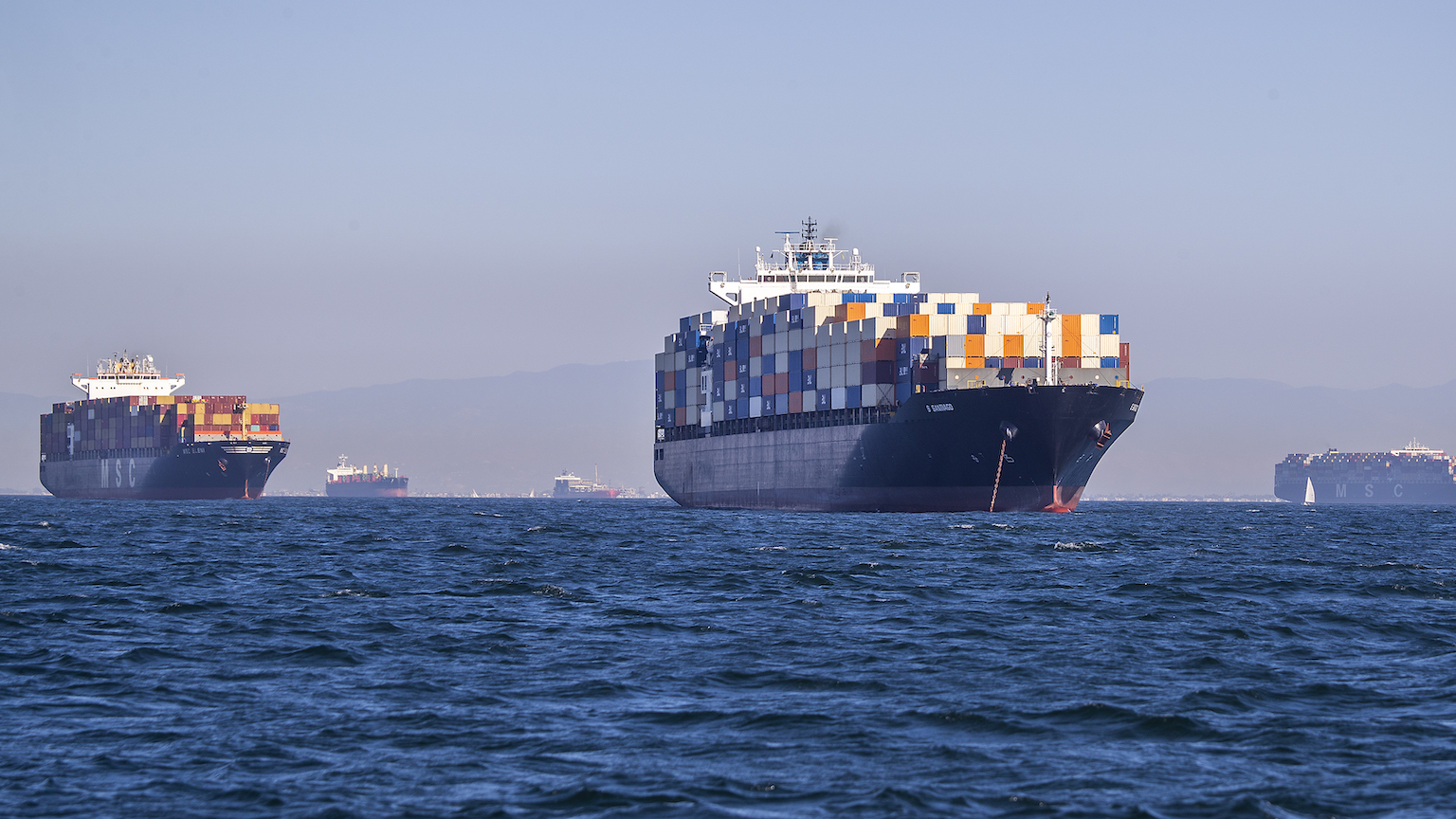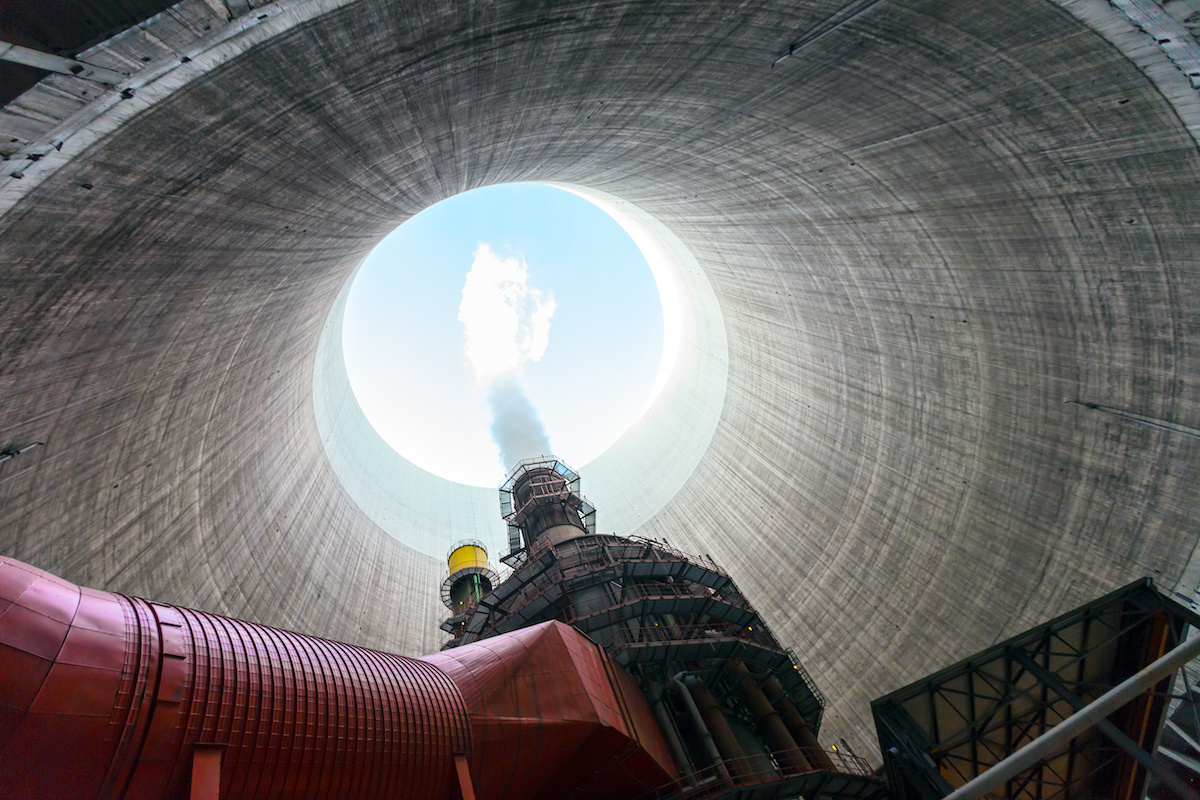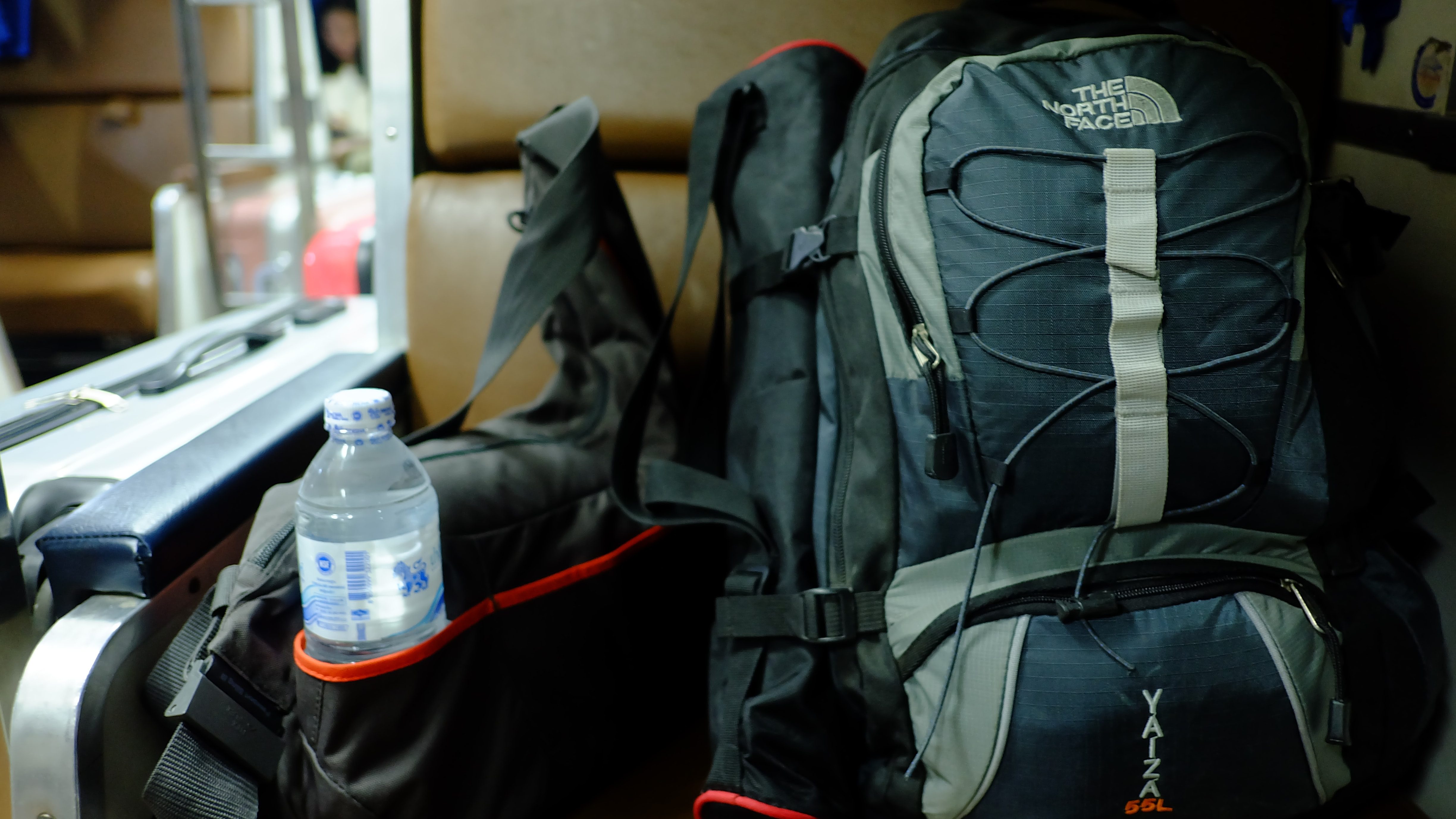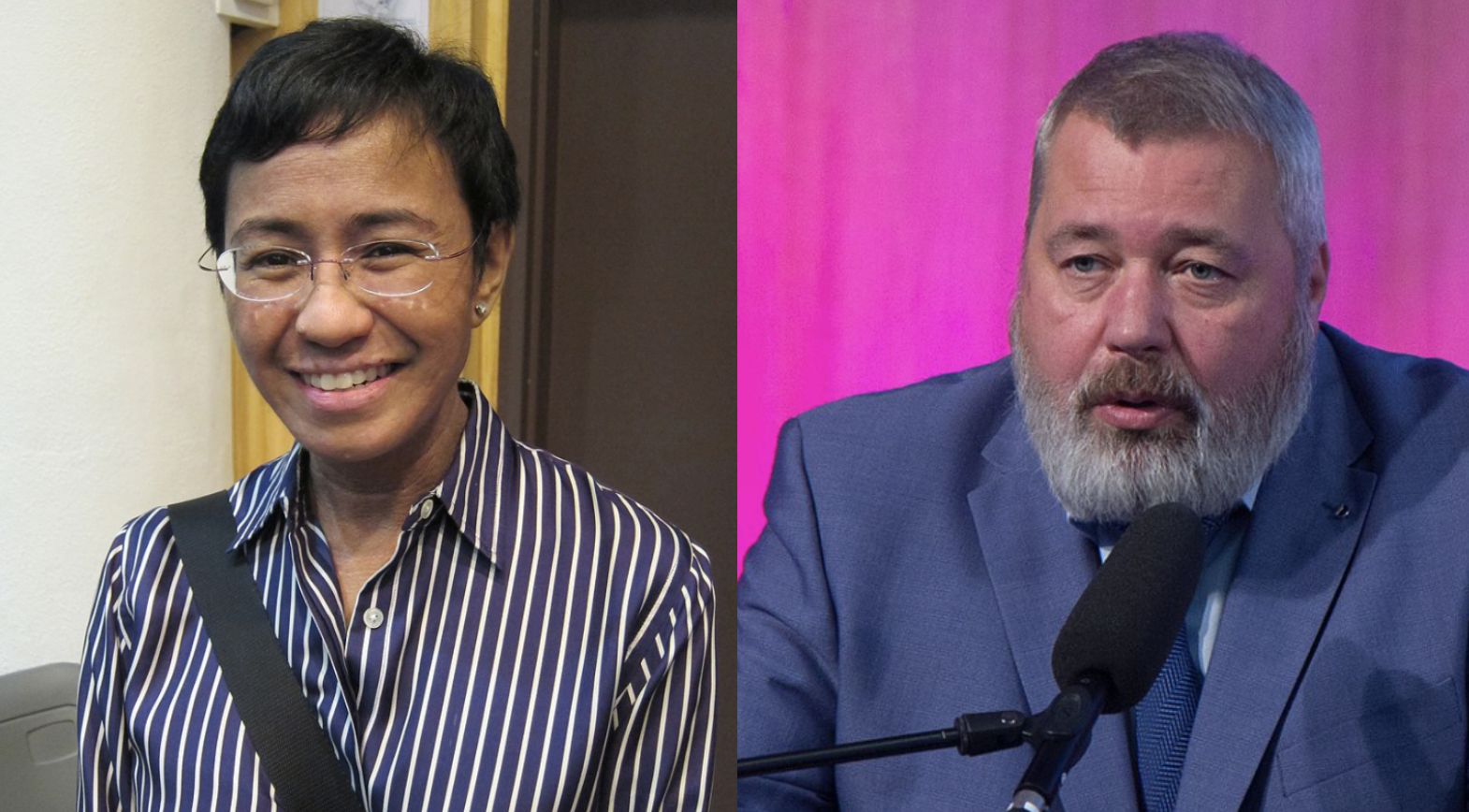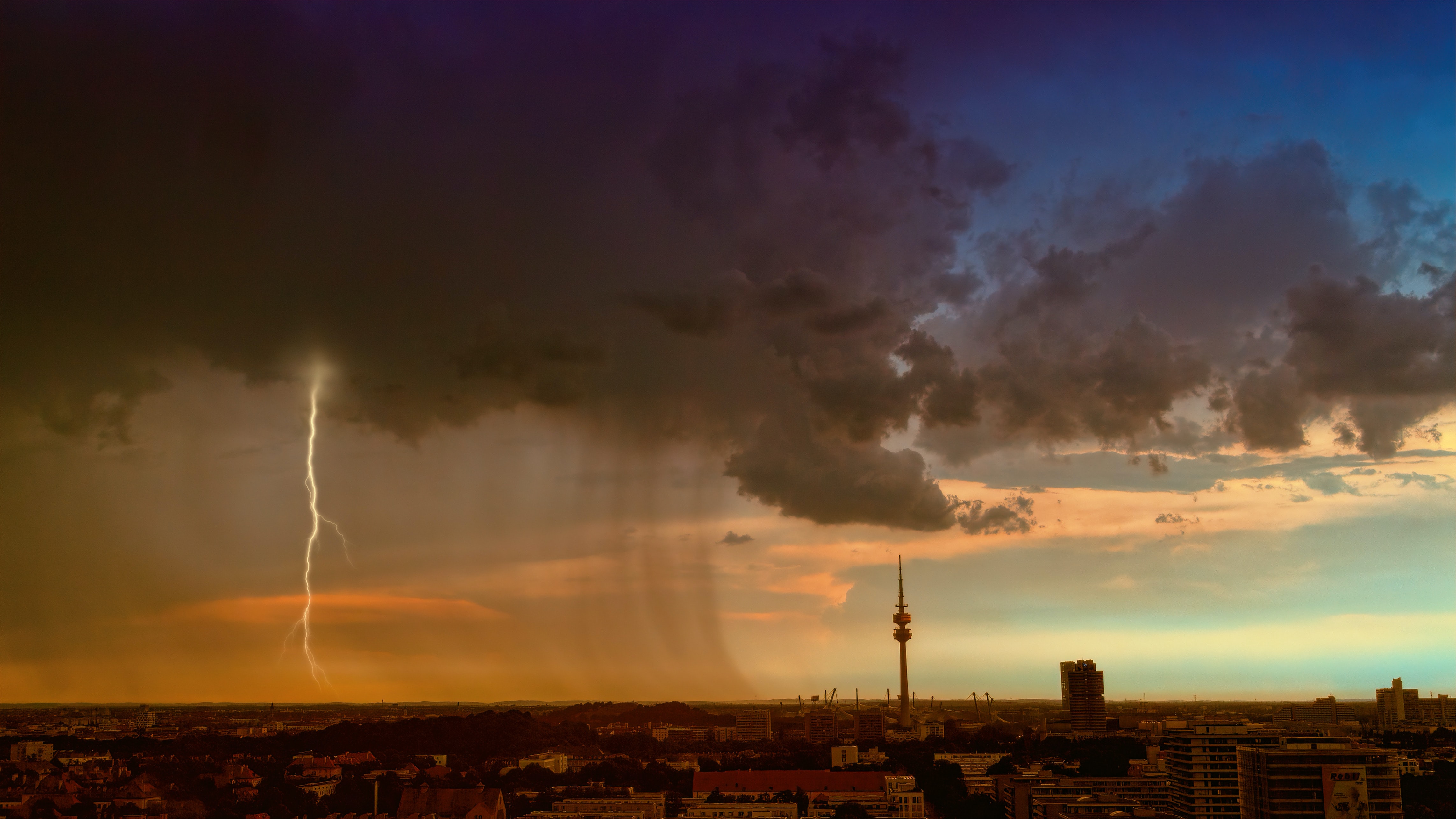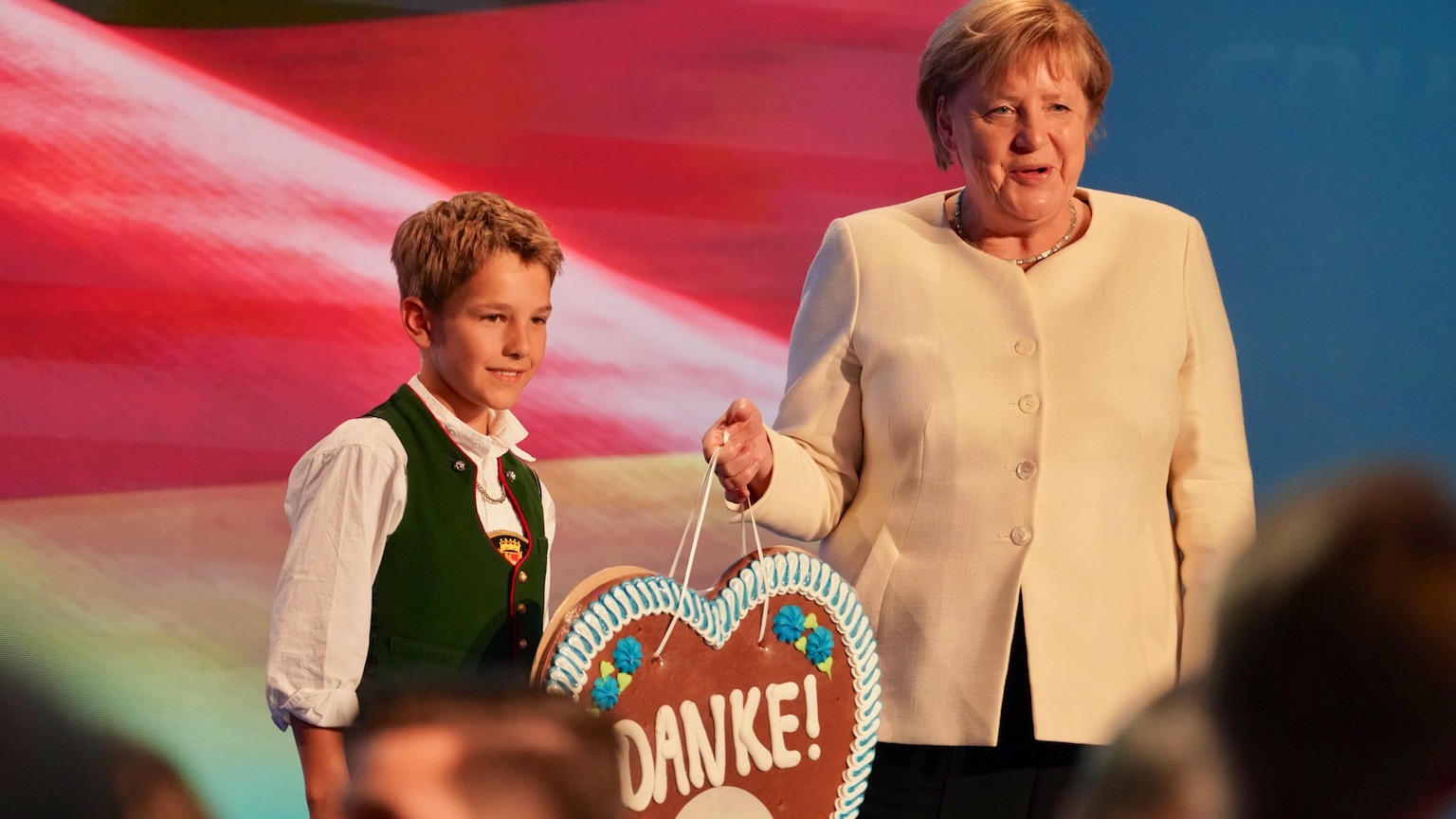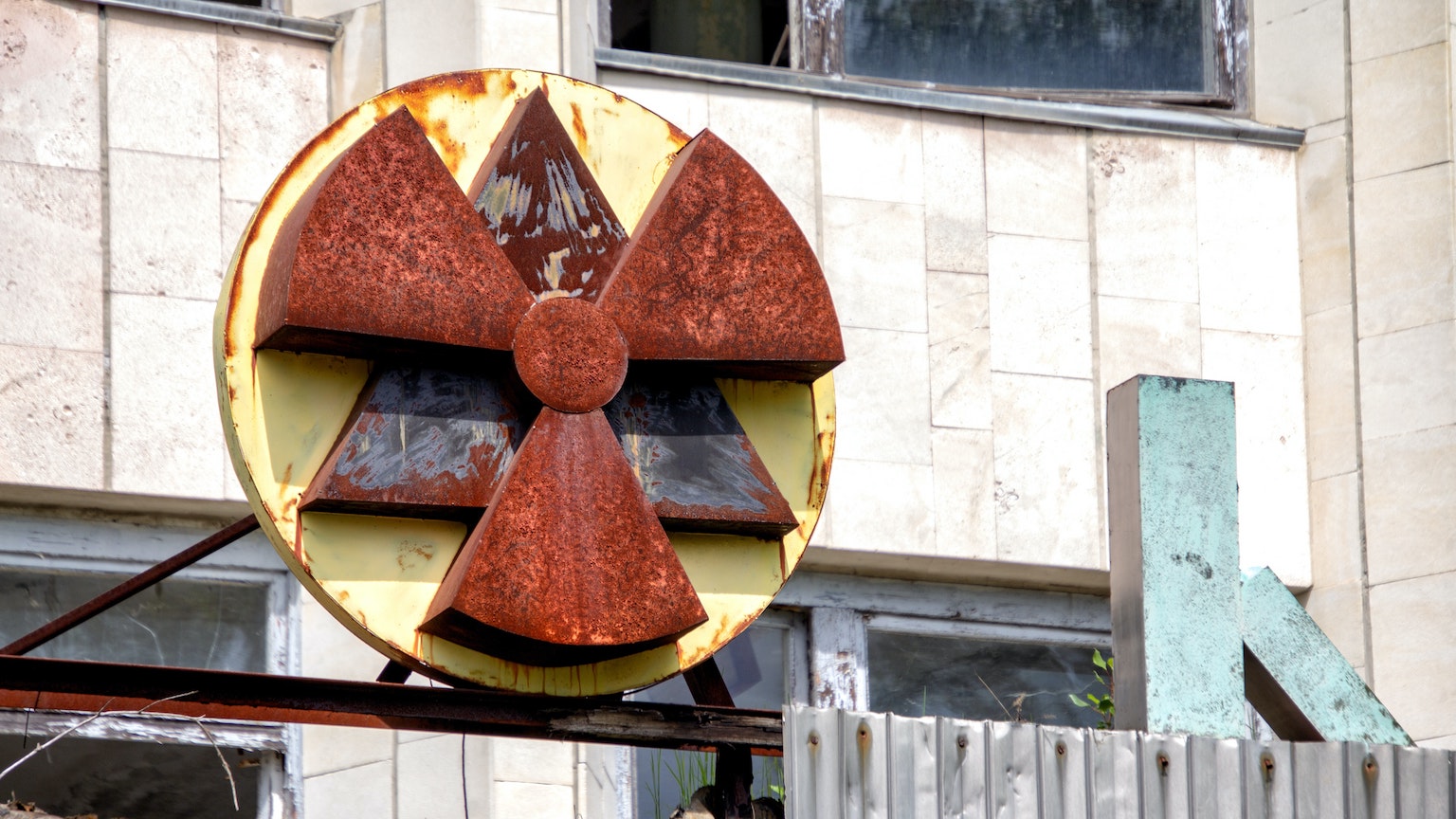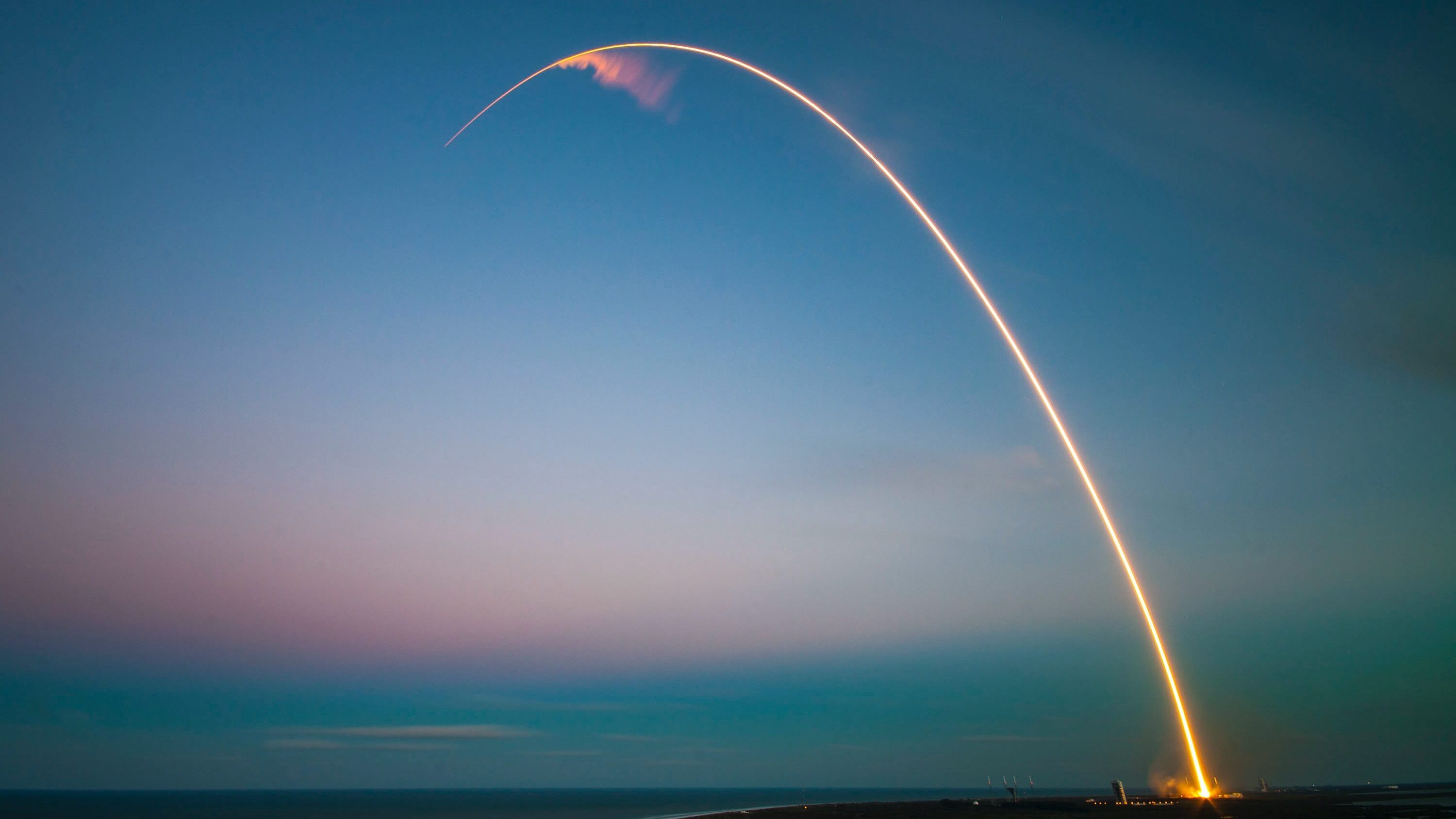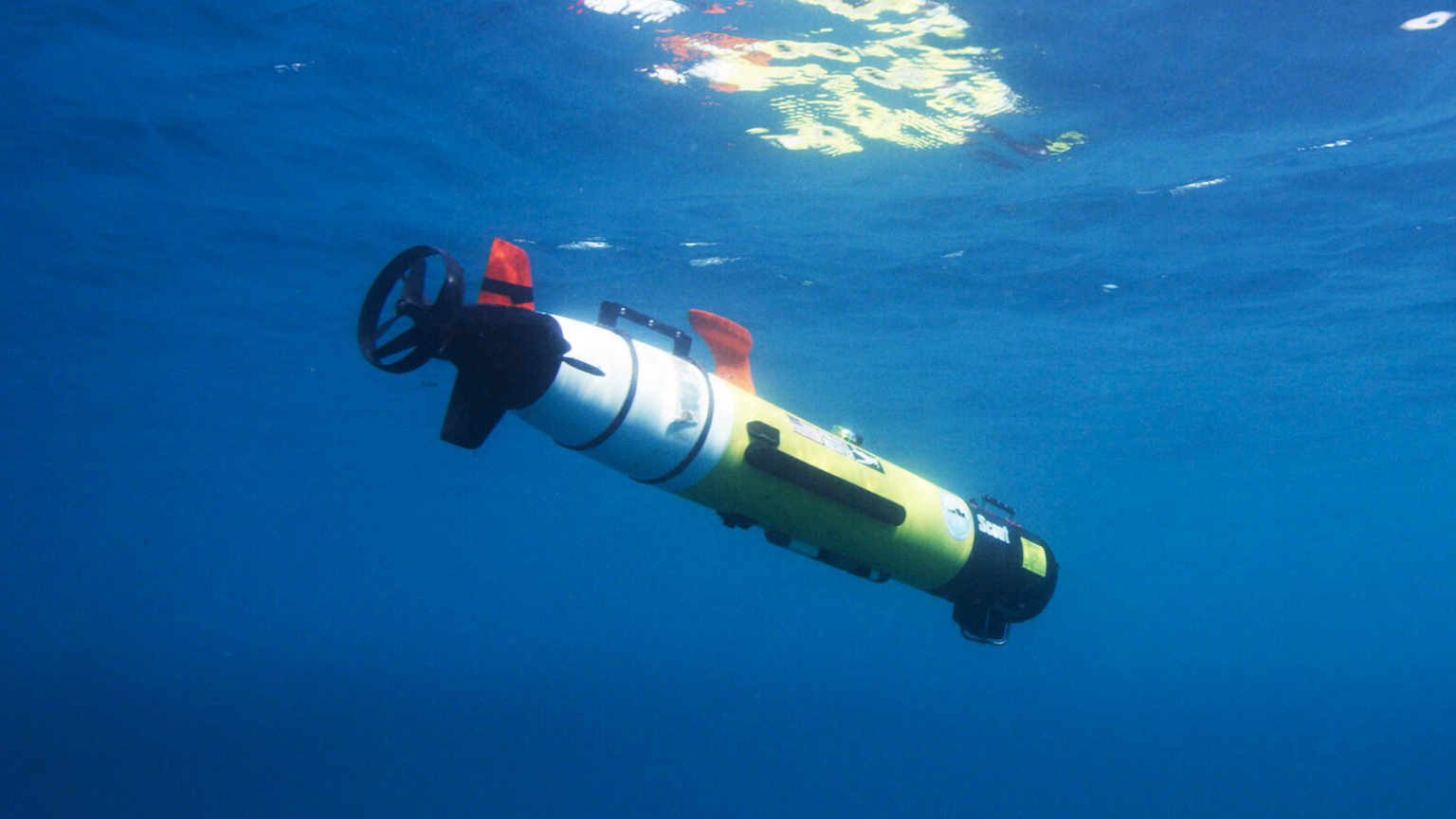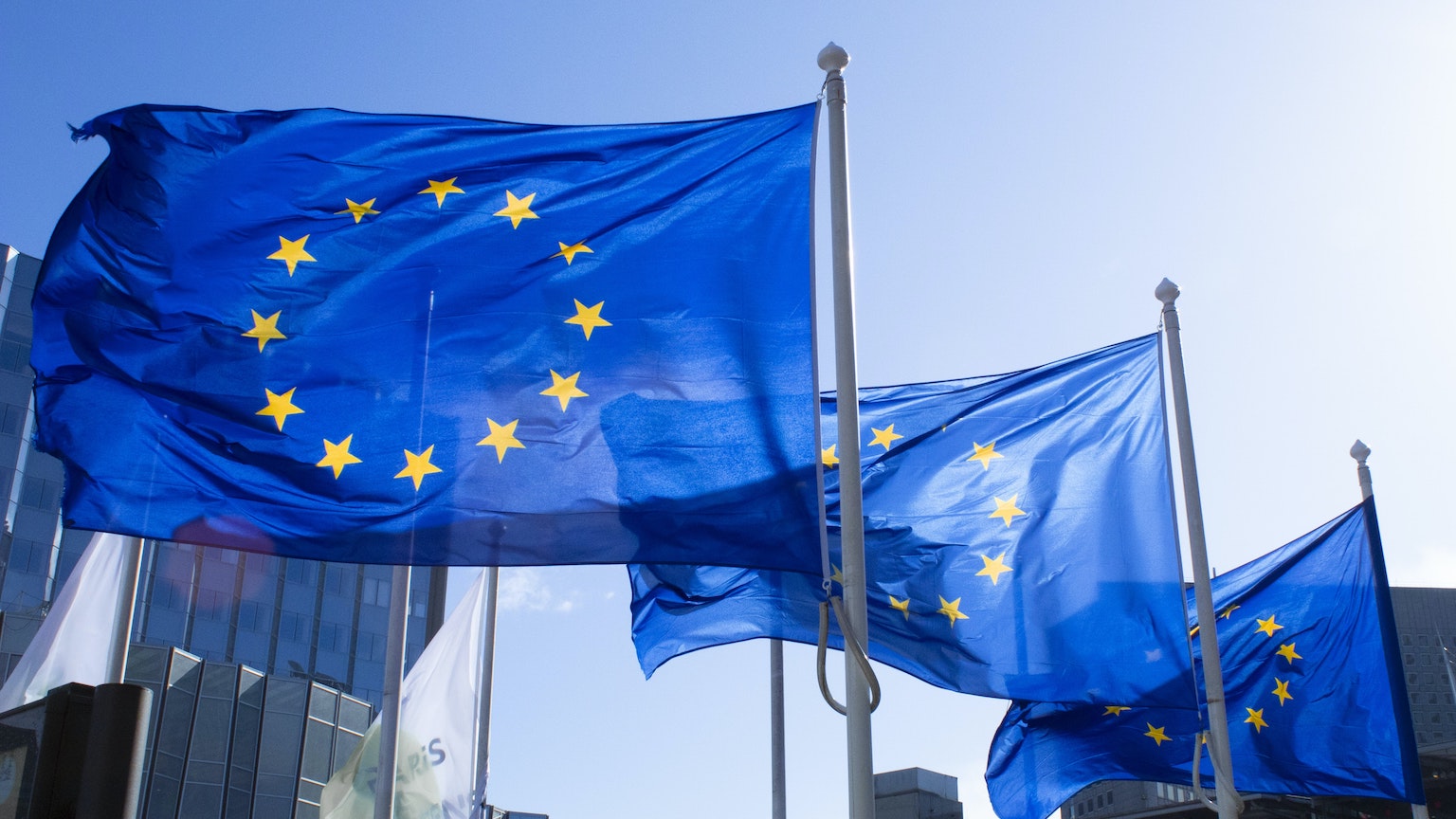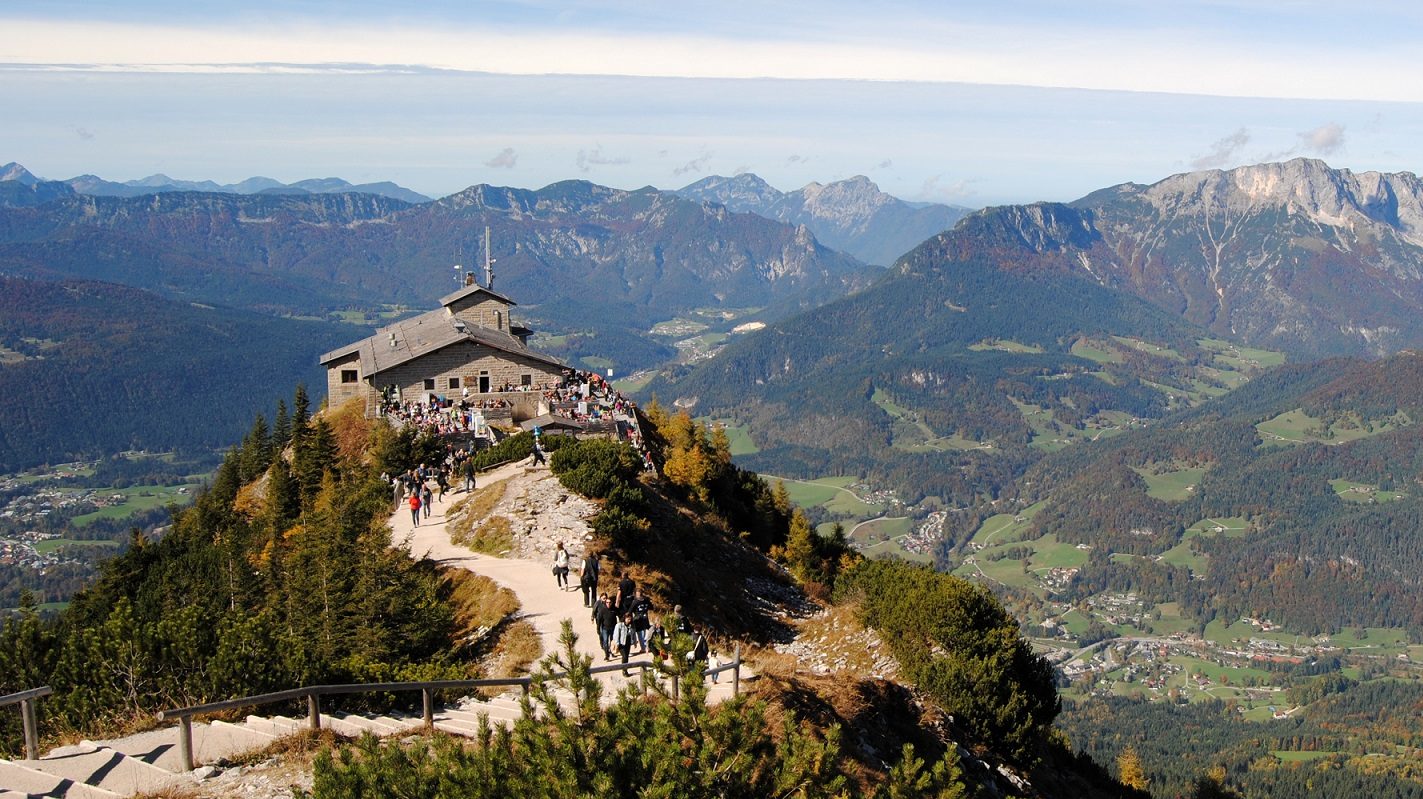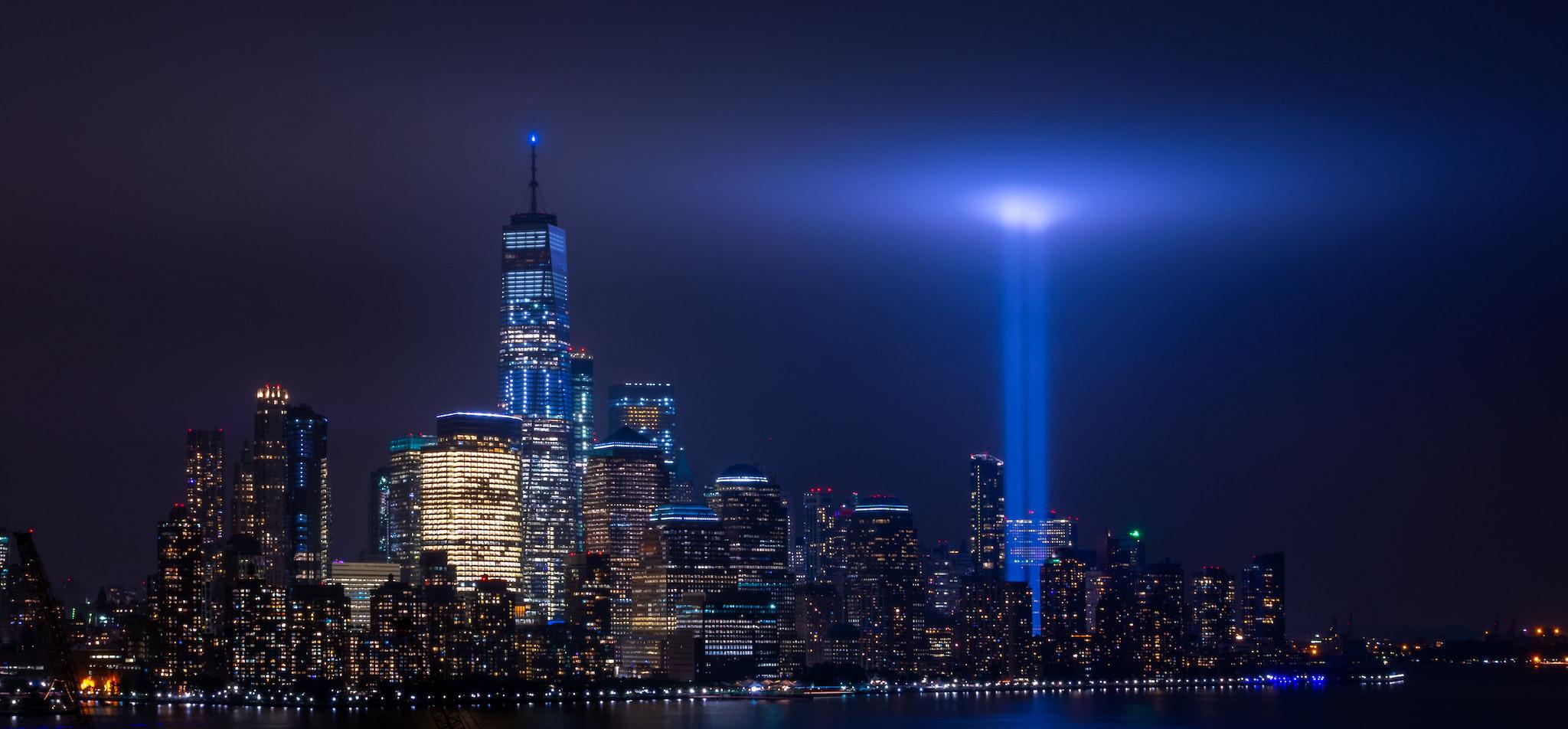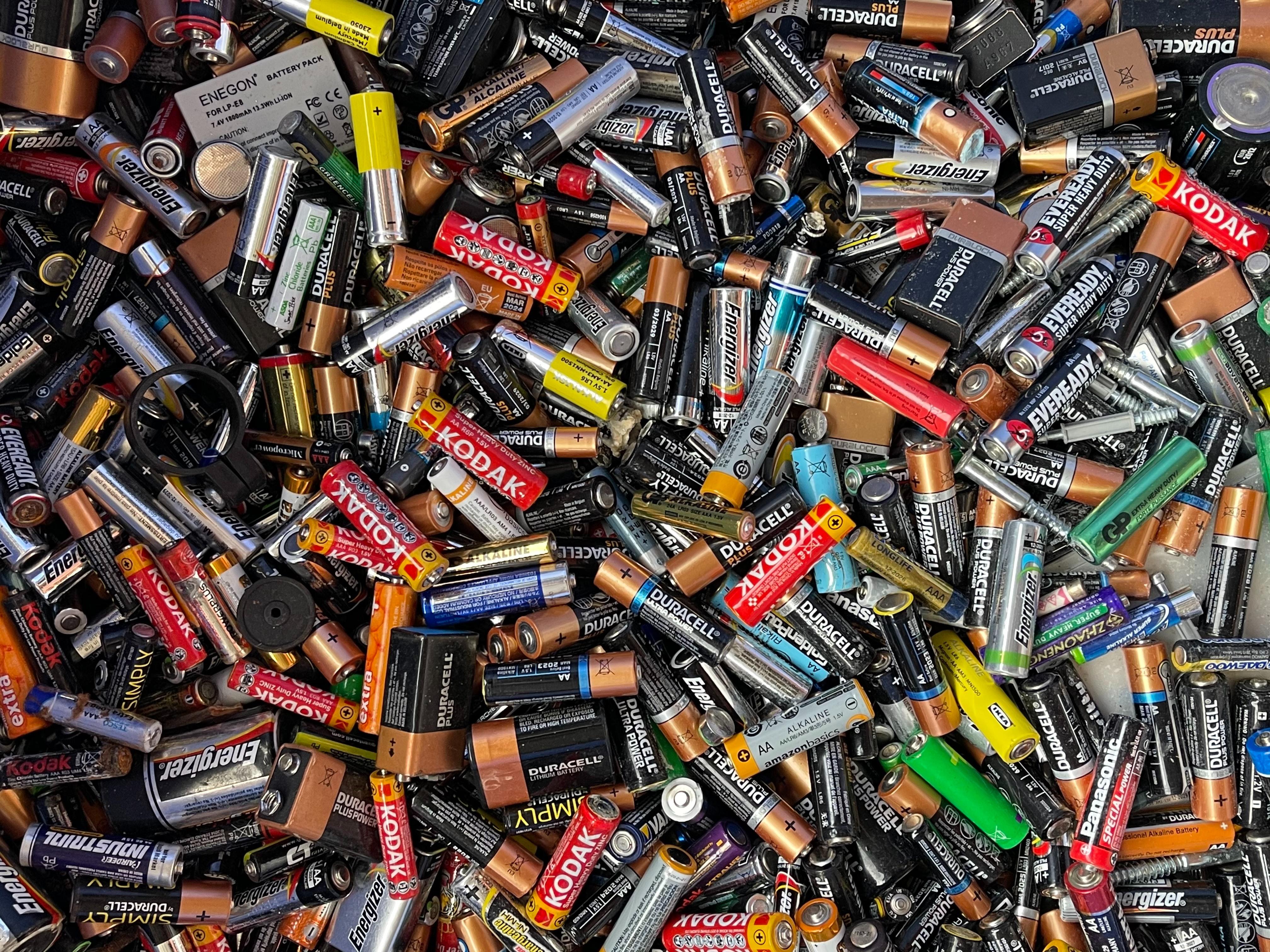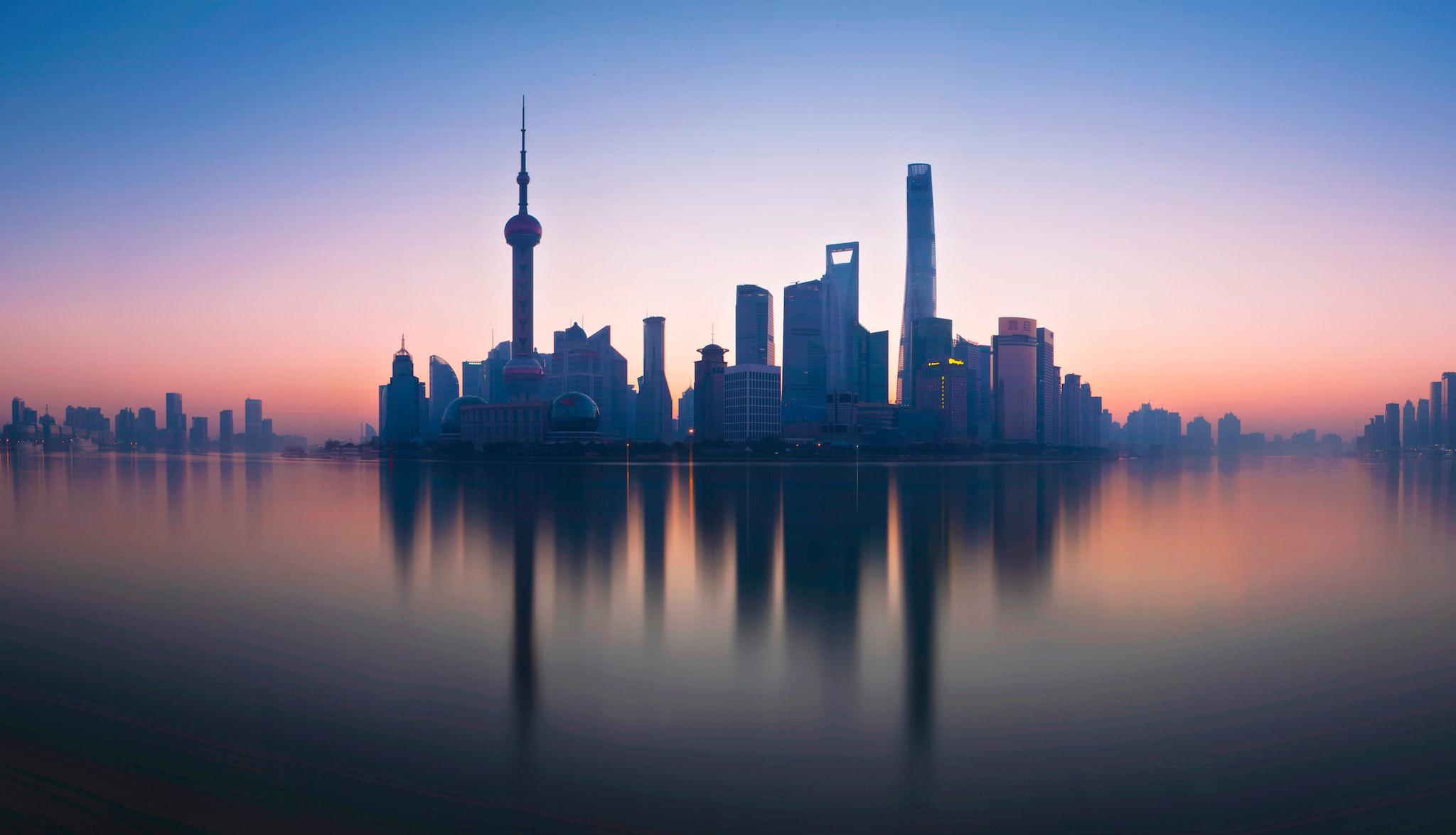The Present
All Stories
Solving the supply chain crisis before the global economy tanks is going to require many creative approaches. Flexport’s Ryan Petersen has one that just might work.
William Shatner is going to space because Jeff Bezos loves Star Trek.
Start fighting back against planned obsolescence.
There has been a 600% increase in European gas prices so far in 2021.
After the 2011 Fukushima disaster, it was Germany, not Japan, that cracked down most severely on nuclear power plants.
If you’re looking for work, a new study says having fast internet helps.
In a world without “bullshit jobs,” we would have more hours available to us to learn new skills and to unleash our creative side.
The prize went to three researchers who revolutionized the social sciences by taking advantage of natural experiments.
You may only have a few minutes to prepare.
More than pay or advancement, people are seeking a better fit between their own and corporate values.
Both journalists have put themselves in danger to shed light on corruption and abuses of power in their home countries.
People appear to have no qualms about sharing their locations, struggles, and relationships online.
Evidence shows that information is transmitted via “complex contagion.”
When “superstar” companies start to dominate their industries, consumers sometimes benefit.
A decade ago, scientists weren’t able to confidently connect any individual weather event to climate change, even though the warming trends were clear.
Is it true that half of disaster relief is motivated politically rather than by need?
People who buy iPhones are not, it seems, masters of their own devices.
After the German election, will the nation continue to “muddle through” successfully enough to lead Europe?
Everybody wins, everybody loses, or something in between.
The cause of the recent uptick in radiation is unknown, but speculation about another catastrophe at Chernobyl is hyperbolic.
It follows a well-worn playbook for North Korea.
His family has finally gotten closure after 50 years of uncertainty.
The EU is slowly realizing that it cannot count on the U.S. to meet its security needs. Has the time finally come for a European military?
American and French troops turned capturing Hitler’s chalet into a game.
Engineers borrowed the maple tree’s “helicopter” to design tiny, flying microchips, which perform various tasks while in whirling free fall.
How do you recover after an economic apocalypse? It is not what you know, but who you know.
Hindsight is 20/20, particularly when you have had 20 years to think about what happened.
Scientists are solving the problem of costly energy storage.
China’s dominance of the rare earth metal industry is part of its overall geopolitical strategy.
A black swan event is rare but disruptive — and might be predictable.
